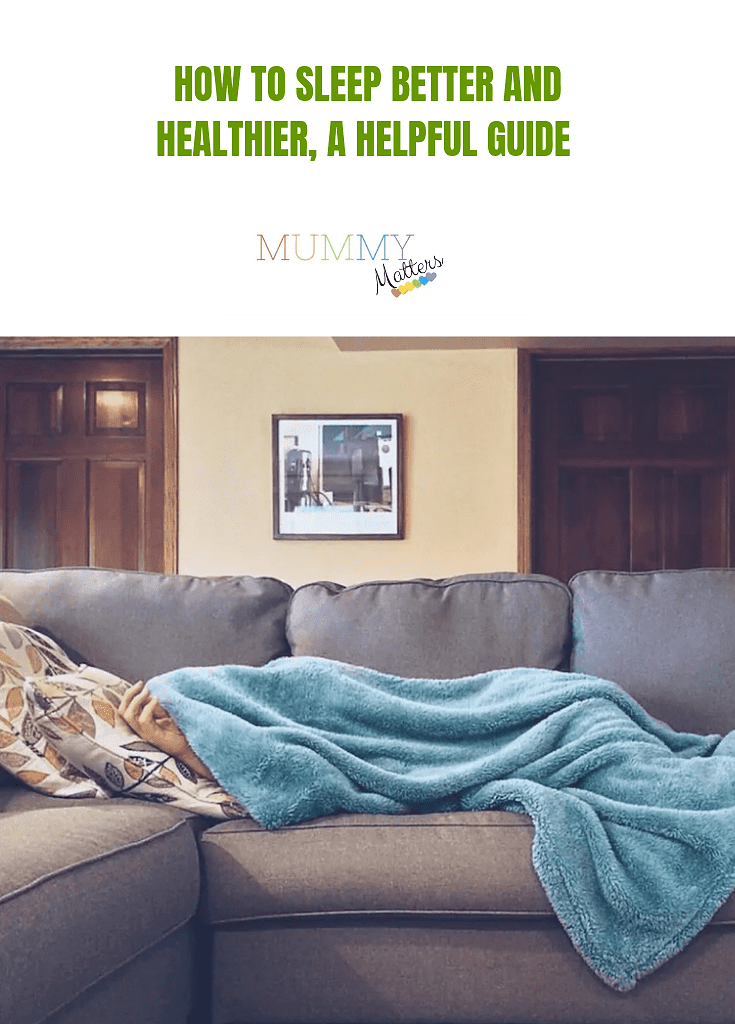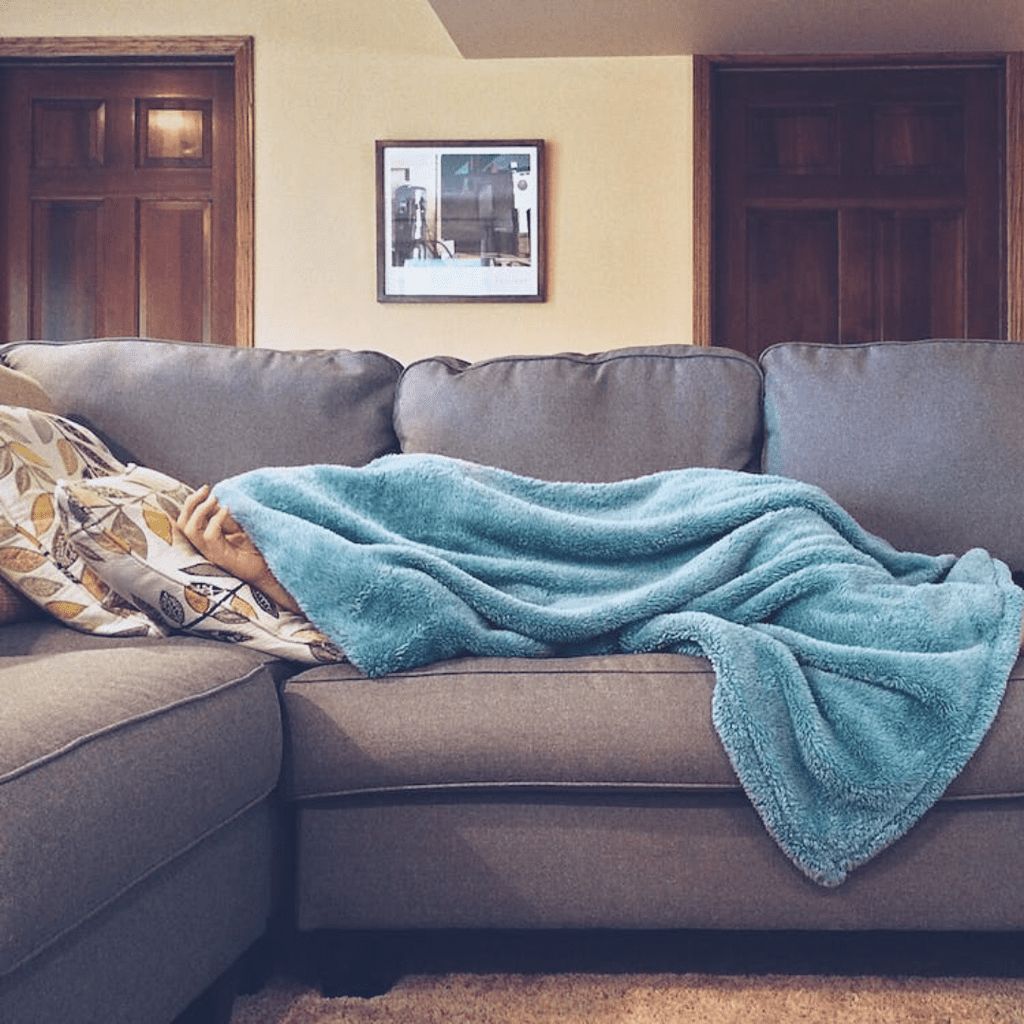Everybody knows that when you don’t get enough rest, you’re grumpy and irritable the next day, your thinking is foggy, and your productivity suffers. Still, getting a good night’s sleep is a challenge for most people.
You may not realise that there are simple things you can do to help you get a better night’s sleep and feel better the next day, so let’s look at the six tips for sleeping better and healthier.
The Room Conditions
Your room conditions can significantly influence the quality of your sleep. Ideally, keep your room as dark as possible since light suppresses melatonin production and can affect your body’s sleep cycle. Make sure your room temperature is comfortable for sleeping — not too hot or cold. Additionally, noise can be distracting; try using a white noise machine or sound machine to help block out any disruptive noise.
You may also consider using blackout curtains or an eye mask, as these can help you sleep deeper.
The Health Issues
If you suffer from allergies or asthma, make sure that you maintain good air quality by cleaning regularly and using air purifiers. Additionally, if you have joint or muscle pain, try using a heated mattress pad to help alleviate any discomfort before sleeping.
On the other hand, if you have sleep apnea or a problem with snoring, all of which prevents you from having quality sleeping time – you should consult your doctor to discuss possible solutions. You may research anti-snoring devices or try using a humidifier to reduce the dryness of your airways while you sleep. CPAP therapy services are a great way to reduce snoring and improve your sleep quality. By using a humidifier, you can reduce the dryness of your airways, making it easier to breathe. Sometimes, you may even need to use a CPAP machine.
It is important to note that while CPAP therapy can significantly improve your sleep quality, it is necessary to use the correct equipment and supplies. If you’re interested in purchasing CPAP supplies, you may want to check out CPAP supplies on sale at Intus Healthcare.
Your Bedtime Habits
The way you spend your evening hours can also play a role in how well you sleep. Avoid caffeine and alcohol late at night since both are stimulants that can disrupt your natural sleeping cycle. Sure, maybe you don’t have problems falling asleep, but the overall quality of your sleep may be affected.
Instead, develop a relaxing evening routine, such as reading or bathing before bedtime. The bright light from electronic devices can prevent melatonin production, so try to pick up a book instead. You should also set aside enough time for sleep — the National Sleep Foundation recommends 7–9 hours of quality sleep each night.
Your Diet Habits
You should also pay attention to what you eat before going to bed. Eating a large, heavy meal late at night can make it difficult to fall asleep. Instead, try eating smaller meals throughout the day and making light snacks before bedtime.
Choose healthy snacks like yoghurt, cereal, whole-grain toast with nut butter, and fruit to provide your body with the vitamins and minerals necessary to help promote better sleep. Additionally, some people find that drinking warm milk or tea before bed helps them sleep better.
Relaxation Practices
If you have trouble sleeping, relaxation practices can be very helpful in getting a good night’s rest. One of the best-known is progressive muscle relaxation (PMR). This technique helps relax your body by alternately tensing and relaxing different muscle groups. You can also practice deep breathing exercises, yoga, and meditation to help reduce stress and clear your mind before bed.
On the other hand, you could also try aromatherapy, as some people find that certain scents help them relax. Aromatherapy is a popular choice; you can use many essential oils to create a relaxing atmosphere before bed.
Also, if you’re having trouble sleeping, try to get up and do something. Doing a chore or reading a book in an area of your home away from your bedroom can help distract your mind and make it easier for you to fall asleep when you return to bed.
Sleeping Pills
Sleeping pills may be a good option for some people if all else fails. However, it’s important to note that these are not intended to be used regularly — only occasionally when the situation calls for it. Consult your doctor to discuss the pros and cons of taking sleeping pills and the potential side effects.
For instance, you may use these medications during stress or when you cannot fall asleep after trying all the other methods mentioned above.
As you can see, there are many things you can do to help improve the quality of your sleep, such as paying attention to your diet and bedtime habits, practising relaxation techniques, and using air cleaners and humidifiers. If you still have trouble sleeping after trying all these methods, consult your doctor about possible solutions, such as sleeping pills or a CPAP machine.
Finally, maintain regular sleeping patterns and avoid stimuli like caffeine and alcohol late at night to ensure you get the restful sleep your body needs. Ultimately, with a few lifestyle changes, you can improve your sleep and start feeling more energized during the day.
This post was featured by Twinkl in their Sleep Blog‘


